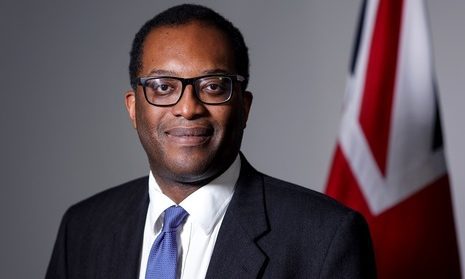EconomyLatest News
Chancellor announces sweeping tax cuts in first mini-budget
New measures announced today will include a £60bn energy relief package as well as a series of tax cuts, including a removal of the 45% higher rate of income tax.

Chancellor Kwasi Kwarteng has today (23 September) announced a ream of tax cuts alongside a £60bn energy support package as part of the new government’s first mini-budget.
You'll need to
subscribe to unlock this content. Already subscribed? Login?







